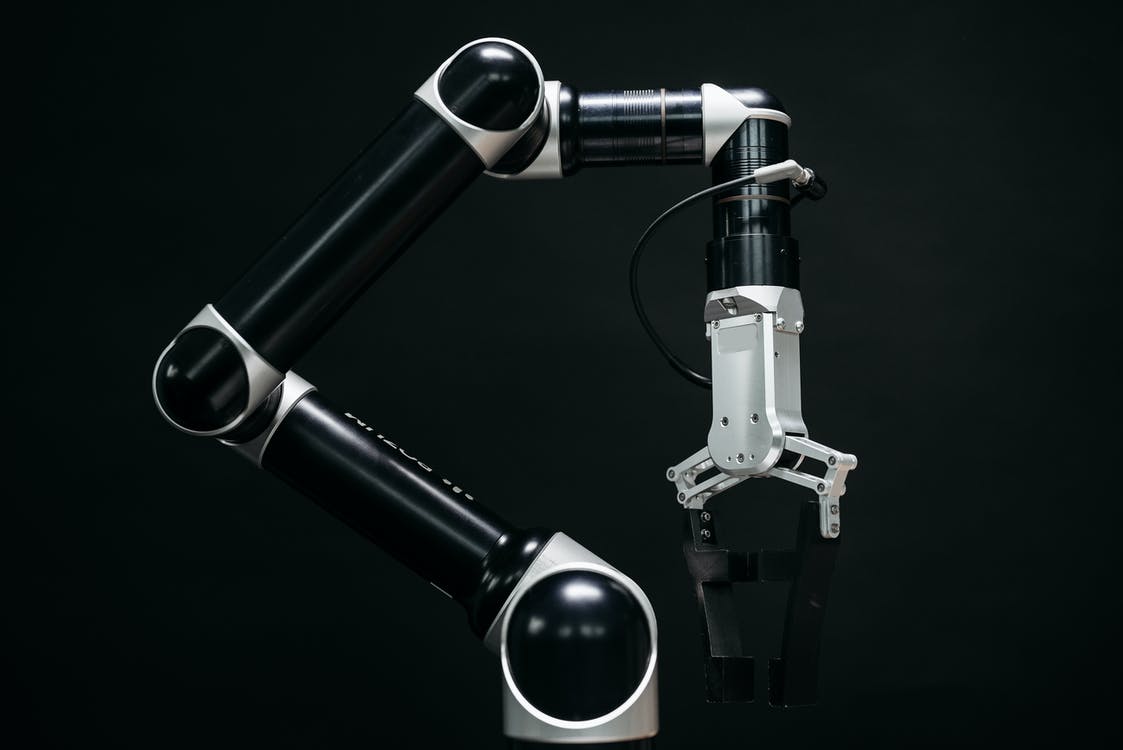
Since its inception, mechanical engineering has been an ever-evolving field that requires keeping up with the latest technological advancements. Expert Steve Lacaj in New York, New York says from materials engineering to robotics to fluid dynamics, technology plays an integral role in how mechanical engineers solve modern challenges. This blog post will explore how technological advances have impacted mechanical engineering and helped propel it into a world of limitless possibilities. We'll also look at recent innovations to clarify why so many are eager to pursue a career in this exciting field. And finally, we'll discuss what the future holds for mechanical engineers as they continue to push boundaries and develop groundbreaking new solutions for existing problems.
Overview of Mechanical Engineering and its Role in Modern Society
Mechanical engineering is a discipline that is vital to the modern world as we know it today. It involves designing, developing, and producing mechanical devices and systems, from tiny components to large-scale machinery. This branch of engineering plays a role in a vast range of industries, including aerospace, automotive, construction, and energy production, to name just a few examples. In today's fast-paced, technological society, mechanical engineering provides a foundation for progress and innovation in almost every field imaginable.
Its impact can be seen in the objects we use every day, from smartphones and laptops to cars and planes. Whether improving efficiency, reducing waste, or enhancing safety, mechanical engineering is the key to unlocking continued progress and innovation in our ever-changing world.
The Adoption of Automation in the Manufacturing Process
Steve Lacaj says the manufacturing industry has significantly shifted towards automation in recent years. Increasingly, businesses are adopting new technologies to automate their production lines and increase efficiency. Rather than relying on human workers to perform repetitive and sometimes dangerous tasks, automation allows machines to handle these processes. Not only does this improve safety conditions for workers, but it also results in faster production times and more consistent output quality. In addition, manufacturers can gain insights into their operations by using data analytics and sensor technology, enabling them to optimize further and streamline their processes.
While some may fear that automation will lead to job losses, the reality is that it can lead to new employment opportunities as more skilled workers will be needed to operate and maintain the machines. Adopting automation in manufacturing is not just a trend but a technological revolution shaping the industry's future.
3D Printing as a Disruptive Technology
3D printing has been causing quite a stir in the world of technology in recent years. Many experts consider it one of the most disruptive technologies of our time. 3D printing makes creating complex objects with intricate details easier and more accessible. It has revolutionized industries ranging from healthcare to manufacturing to fashion.
The ability to create a wide range of objects on demand, with precision and accuracy, has implications that are still being explored. There's no telling where 3D printing technology will take us, but it's exciting to think about its possibilities now.
Robotics and Artificial Intelligence in Mechanical Engineering
Mechanical engineering has come a long way over the last century, evolving from manual designs and systems to highly automated and sophisticated mechanisms. Robotics and artificial intelligence are recent advancements in the industry that have taken mechanical engineering to the next level. These cutting-edge technologies have made it possible to design and build more efficient, precise, and intelligent machines.
Robotic systems and AI-powered machines are being used in manufacturing, healthcare, construction, and many other fields, revolutionizing how we live and work. With continuous research and development, the future holds even more exciting possibilities for robotics and artificial intelligence in mechanical engineering.
Utilizing Cloud Computing for Simulations and Design Optimization
In today's world, Steve Lacaj says technology stands at the forefront of almost every aspect of our lives, and simulation and design optimization are no exceptions. The utilization of cloud computing for simulations and design optimization has proven to be a game-changer for industries such as engineering and manufacturing. The cloud allows massive amounts of data to be processed quickly and efficiently, enabling designers and engineers to create and test new products faster.
Cloud computing enables these professionals to collaborate in real-time, making sharing ideas easier, working as a team, and reaching the best possible solutions. Furthermore, cloud computing also assists in reducing costs and increasing scalability as it eliminates the need for costly on-premise infrastructure. Overall, the prospects of utilizing cloud computing for simulations and design optimization are boundless, and it's exciting to imagine the possibilities that the technology can bring to these necessary fields.
IoT and Smart Devices for Creating More Efficient Machines
The Internet of Things (IoT) has opened up a world of possibilities for creating more efficient machines through intelligent devices. Imagine being able to remotely monitor and analyze the performance of your machinery in real time. With IoT sensors and smart devices, this is now possible.
By collecting and analyzing data, businesses can identify areas where they can improve efficiency and rapidly adjust their operations. This enables industries to streamline their processes, reduce waste, and increase productivity. The benefits of this technology are endless and will continue to shape how we operate in the world of manufacturing and beyond.
Final Thoughts
Steve Lacaj says the advancements in technology have enabled us to create more innovative, efficient, and precise machines than ever before. The possibilities for making better machines are endless, from 3D printing to robotics and artificial intelligence to cloud computing and IoT. It will be exciting to see the continued evolution of these technologies in the coming years and how they will continue to shape the future of mechanical engineering. With each new development, we will be able to create more intelligent machines and more efficient manufacturing processes that will revolutionize how we design and build products.
